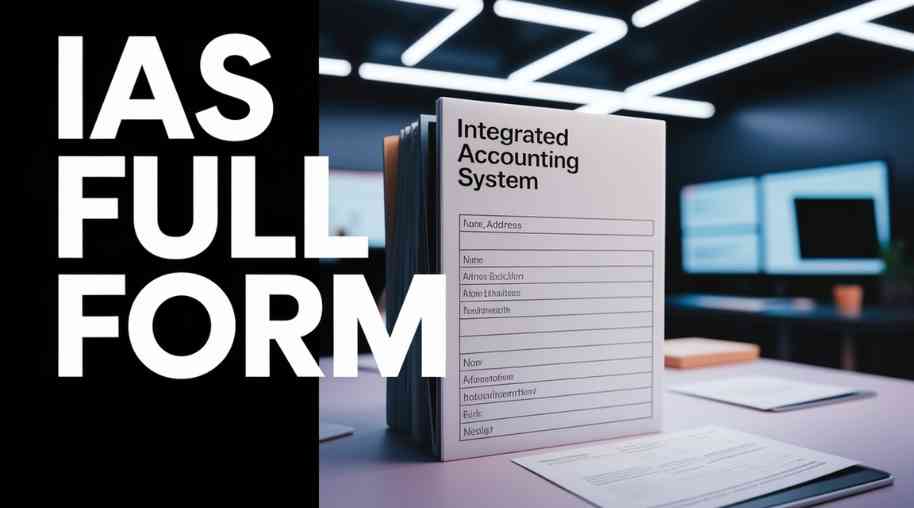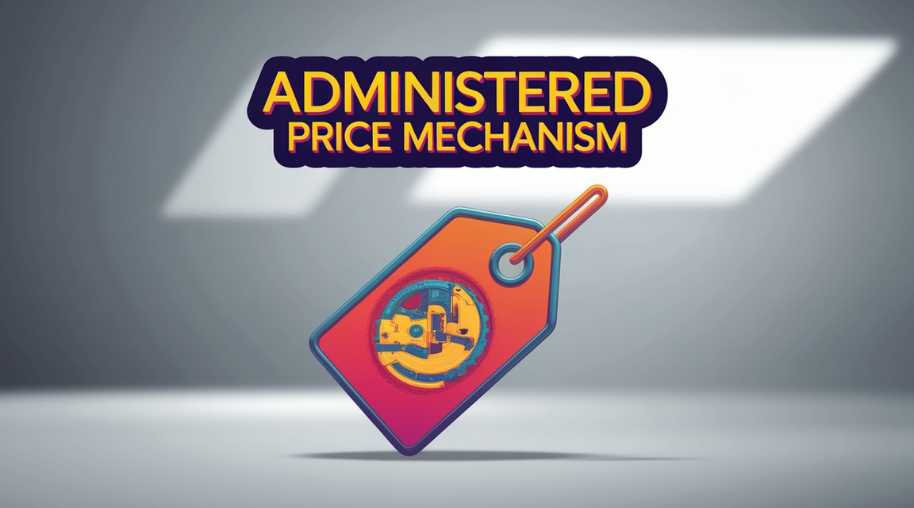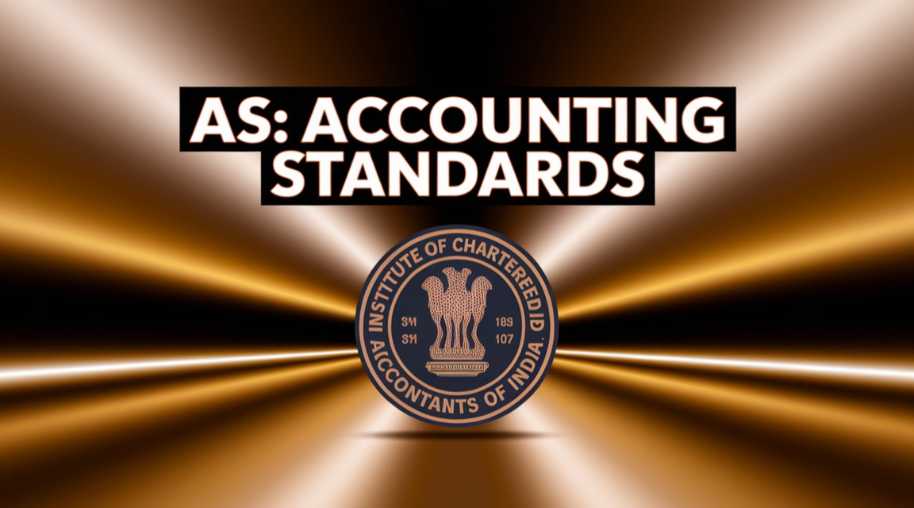IAS Full Form-Integrated Accounting System
by Shashi Gaherwar
0 2147
Integrated Accounting System: Features, Benefits, and Implementation
In today’s fast-paced business environment, managing financial records efficiently is crucial. An Integrated Accounting System (IAS) is a modern solution that streamlines financial processes by combining various accounting functions into a unified platform. This article explores the concept, features, benefits, and implementation strategies of an Integrated Accounting System.

What is an Integrated Accounting System?
An Integrated Accounting System is a comprehensive financial management solution that consolidates accounting tasks, such as bookkeeping, financial reporting, taxation, and budgeting, into a single platform. This system eliminates redundant data entry, enhances accuracy, and improves overall financial visibility.
Features of an Integrated Accounting System
An effective Integrated Accounting System includes several essential features:
- Automated Bookkeeping
- IAS automates data entry, invoicing, and reconciliation processes, reducing human error and enhancing efficiency.
- Real-Time Financial Reporting
- Businesses can generate real-time financial statements, such as balance sheets, profit & loss statements, and cash flow reports.
- Multi-Departmental Integration
- The system integrates accounting, inventory, payroll, sales, and taxation, providing a unified view of financial operations.
- Tax Compliance and Audit Support
- An IAS helps in automatic tax calculation, filing, and compliance with regulatory standards, simplifying audits.
- Cloud-Based Accessibility
- Modern IAS solutions offer cloud computing, enabling businesses to access financial data securely from anywhere.
- Enterprise Resource Planning (ERP) Compatibility
- Many businesses integrate their accounting system with ERP software to enhance resource planning and financial management.
Benefits of an Integrated Accounting System
Implementing an Integrated Accounting System provides multiple advantages:
- Improved Accuracy and Efficiency
- By reducing manual data entry and automating calculations, an IAS minimizes errors and speeds up financial processes.
- Better Financial Decision-Making
- Real-time insights and comprehensive reports allow businesses to make informed financial decisions quickly.
- Cost Reduction
- Automation reduces the need for extensive accounting staff, leading to lower operational costs.
- Enhanced Data Security
- IAS platforms use advanced encryption and access controls to safeguard sensitive financial information.
- Compliance with Regulations
- Integrated systems ensure legal and tax compliance, reducing the risk of financial penalties.
- Scalability for Growing Businesses
- An IAS can scale according to the business’s needs, accommodating expansion and increasing transaction volumes.
Implementation of an Integrated Accounting System
Successfully adopting an Integrated Accounting System involves several steps:
- Assess Business Needs
- Identify your business’s financial management requirements and choose an IAS that aligns with your needs.
- Select the Right Software
- Compare different accounting software based on features, scalability, and cost before finalizing a solution.
- Data Migration and Integration
- Ensure smooth migration of existing financial data and integrate the new system with other business tools like CRM and ERP.
- Staff Training and Adaptation
- Train employees to use the new system effectively and address any operational concerns.
- Monitor and Optimize
- Regularly assess system performance and optimize processes to maximize efficiency and accuracy.
Challenges in Implementing an Integrated Accounting System
Despite its benefits, businesses may face some challenges while implementing an IAS:
- High Initial Costs
- Acquiring and setting up an IAS can be expensive, but the long-term benefits outweigh the initial investment.
- Data Migration Issues
- Transferring data from legacy systems to a new IAS requires careful handling to avoid discrepancies.
- Resistance to Change
- Employees may find it difficult to adapt to new technology, requiring proper training and change management strategies.
- Security Concerns
- Cloud-based accounting systems need robust cybersecurity measures to prevent unauthorized access and data breaches.
Future of Integrated Accounting Systems
As technology evolves, Integrated Accounting Systems are incorporating AI, machine learning, and blockchain for enhanced automation and security. Businesses adopting these advanced features will benefit from improved efficiency and fraud prevention.
An Integrated Accounting System is a game-changer for businesses seeking to streamline financial management. With features like automation, real-time reporting, tax compliance, and ERP integration, an IAS enhances accuracy, efficiency, and scalability. While implementation may pose challenges, the long-term benefits make it a worthy investment for sustainable business growth.
Further Learning Resources
If you’re passionate about building a successful blogging website, check out this helpful guide at Coding Tag – How to Start a Successful Blog. It offers practical steps and expert tips to kickstart your blogging journey!
For dedicated UPSC exam preparation, we highly recommend visiting www.iasmania.com. It offers well-structured resources, current affairs, and subject-wise notes tailored specifically for aspirants. Start your journey today!

Share:








Comments
Waiting for your comments